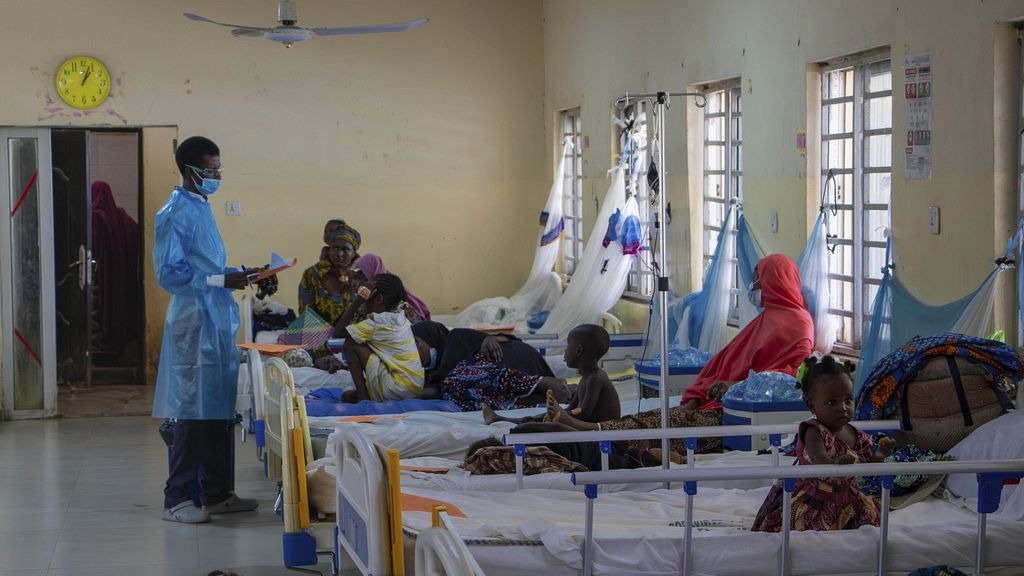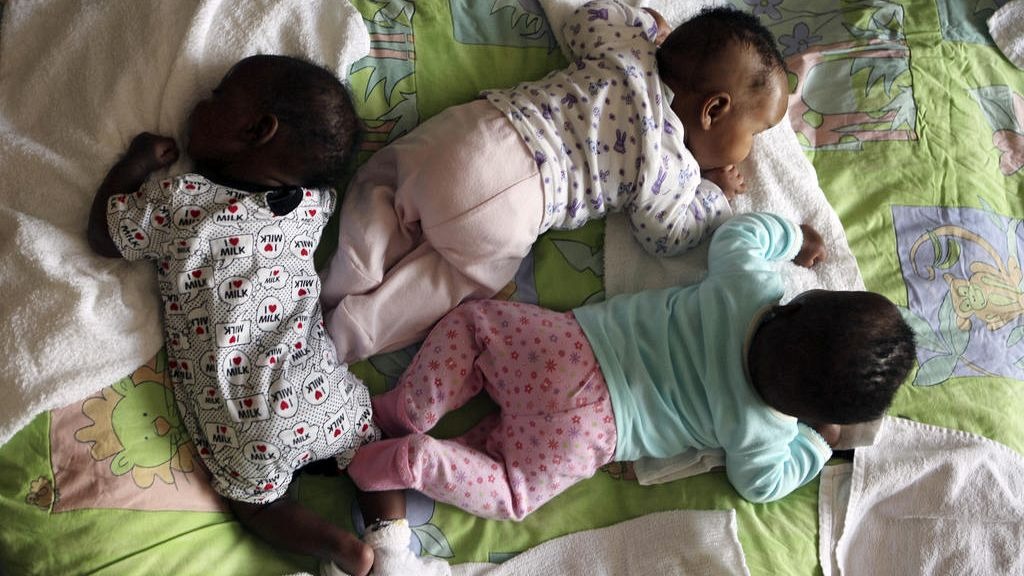Authorities in multiple West African countries are grappling with significant diphtheria outbreaks, with Nigeria at the forefront of vaccination campaigns to address widespread gaps in immunity. As the largest outbreak in recent history, Nigeria has reported 573 deaths among the 11,640 diagnosed cases since December 2022, although officials believe the actual toll may be higher in states struggling to detect numerous instances. In Niger, there have been 37 fatalities out of 865 cases as of October, while Guinea has recorded 58 deaths out of 497 since June.
The Nigeria Centre for Disease Control’s Head, Ifedayo Adetifa, stated, “As far as the history that I am aware of, this is the largest outbreak that we have had.” The highly contagious bacterial infection has spread to 20 out of Nigeria’s 36 states.
A primary factor contributing to the region’s high infection rate is the significant gap in vaccination coverage, according to Doctors Without Borders (MSF). Government surveys reveal that only 42% of children under 15 in Nigeria and 47% in Guinea are fully protected against diphtheria, far below the World Health Organization’s recommended rate of 80-85% for community protection.
Compounding the situation is the global shortage of the diphtheria vaccine, as demand has surged in response to the outbreaks, MSF noted. Dr. Dagemlidet Tesfaye Worku, emergency medical program manager for MSF in Abidjan, Ivory Coast, emphasized the urgent need for a substantial increase in vaccination efforts.
To address the crisis, the Nigerian government is intensifying vaccination for targeted populations and supporting states in enhancing their capacity for case detection and management, according to Adetifa. However, several states, including Kano, which accounts for over 75% of cases in Nigeria, continue to face challenges due to limited diphtheria treatment centres and the need for people to travel significant distances to access treatment.
The battle against diphtheria outbreaks in West Africa necessitates swift and comprehensive action to expand vaccination coverage and improve healthcare infrastructure. With the collective efforts of governments, healthcare organizations, and international support, the region aims to curb the spread of the disease and safeguard the health of its population.



